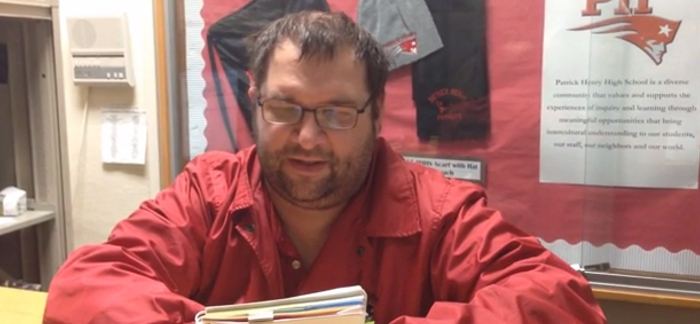Random searches of student lockers in grammar schools, high schools, and even colleges have become a national topic for debate in the United States. The United States Supreme Court has wisely delegated the decision to allow random locker searches to the jurisdiction of each individual school district or school. Most disagreement about random locker searchers involves civil rights and legal search considerations but also include safety concerns.
Pros of Locker Searches
1. The primary aim of locker searches that are random or done because a student is suspected of breaking a school rule or a law is the major basis for locker searches. Preventing student drug use is often cited as a major concern and reason for locker searches.
2. Locker searches are effective. Locker searches have been shown to reduce the number of students that store drugs, stolen items, or any material that is in violation of school policy in their lockers.
3. The method is effective in finding drugs if drug-sniffing dogs are used to point out a locker that contains drugs.
4. Locker searches are a deterrent. Students know that their lockers are apt to be searched at any time. This knowledge prevents students from keeping illegal or illicit material on the school premises.
5. Locker searches can be defined as legal by a local court. The localization of legal authority prevents law suits against a school or a school district or an individual that is directly involved with a locker search.
6. Schools that have a clearly stated written locker search policy that each student is required to have signed by their parents or guardian usually see minimal legal repercussions from having and using a school locker search policy.
Cons of Locker Searches
1. Some view locker searches as a violation of the rights of personhood. A person has very few legal rights until the become 18 years of age or 21 years of age. A violation of personhood is viewed by many as an implicit but unstated lack of trust in all students in a given school of school district. The student is considered guilty until proven innocent.
2. Depending on the state and the decision of state courts, locker searches may open the door to extremely expensive litigation against the school, the principal, the school administration, and the state on the grounds of the violation of civil rights or the right against illegal search and seizure.
3. The argument against illegal search and seizure does not make a claim that the locker is a student’s property but does make substantially legitimate arguments that the contents of the locker are legally protected property even if they may be illegal. The locker search is considered to be a type of warrantless search.
4. Many argue that the few people that are caught doing something wrong by locker searches cannot justify the cost of locker searches. In most states, a locker search involves a police person and an administrator of the school. Taxpayers pay the bill for locker searches.
5. Some feel that the time police spend searching lockers could be put to better use in preventing more serious crimes or catching criminals that are a known danger to the public.




